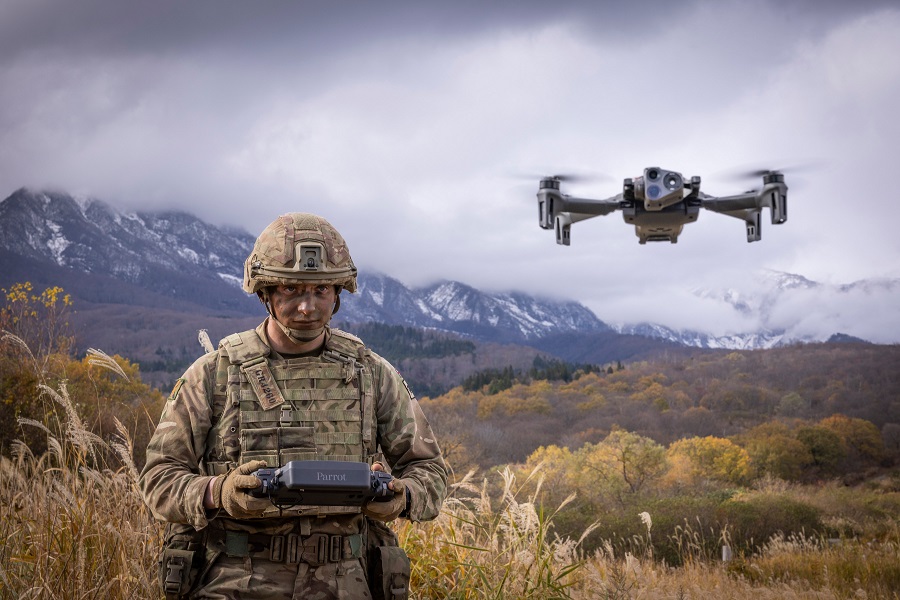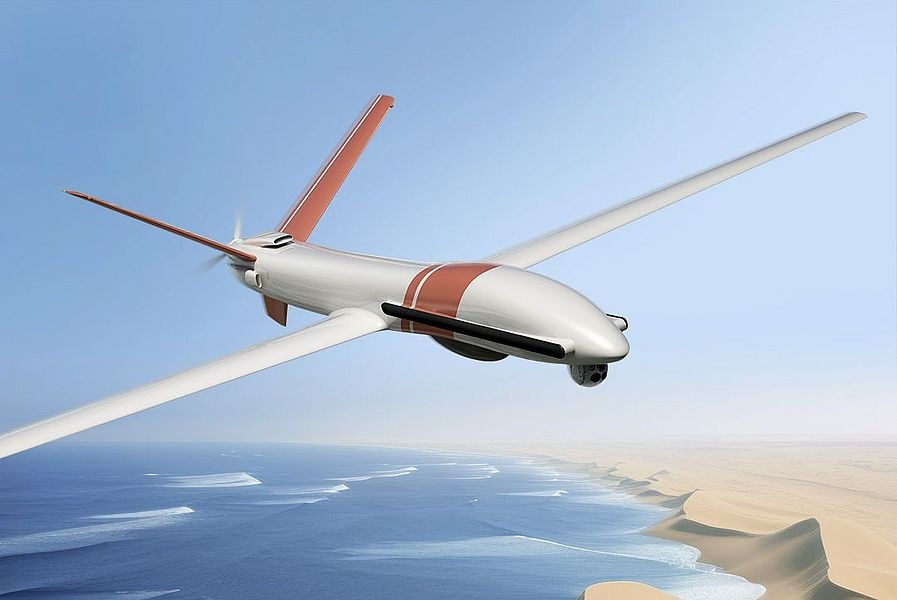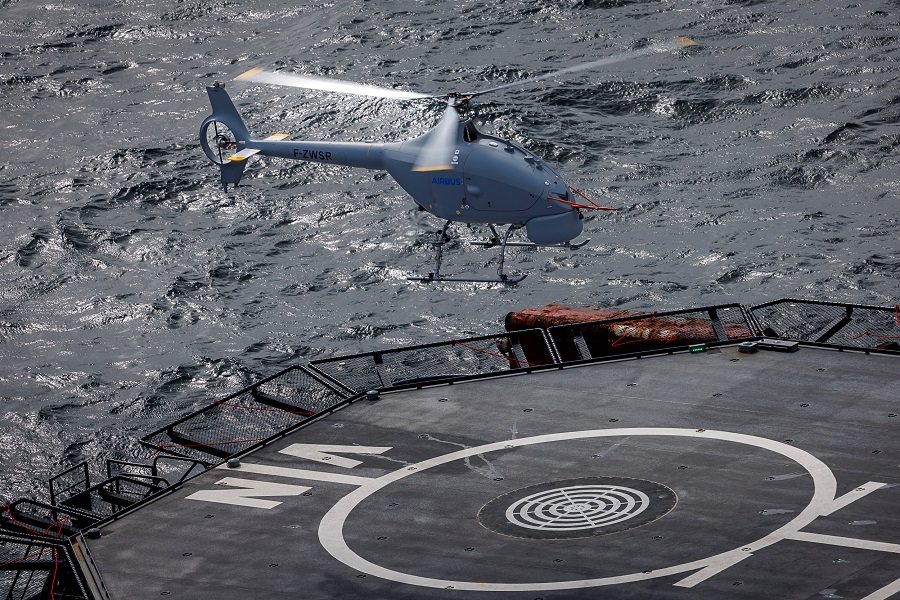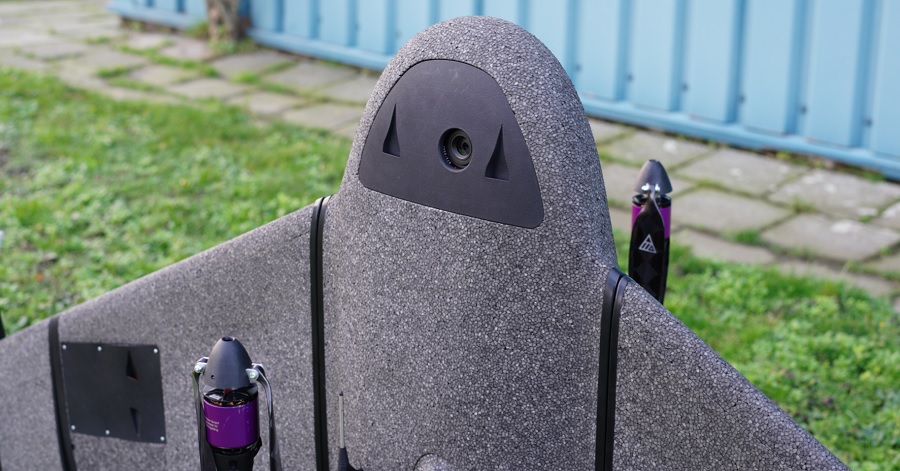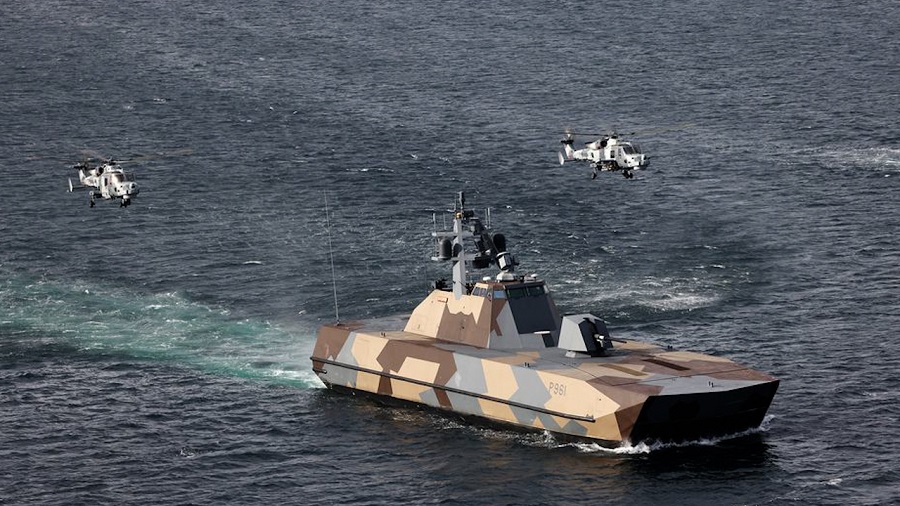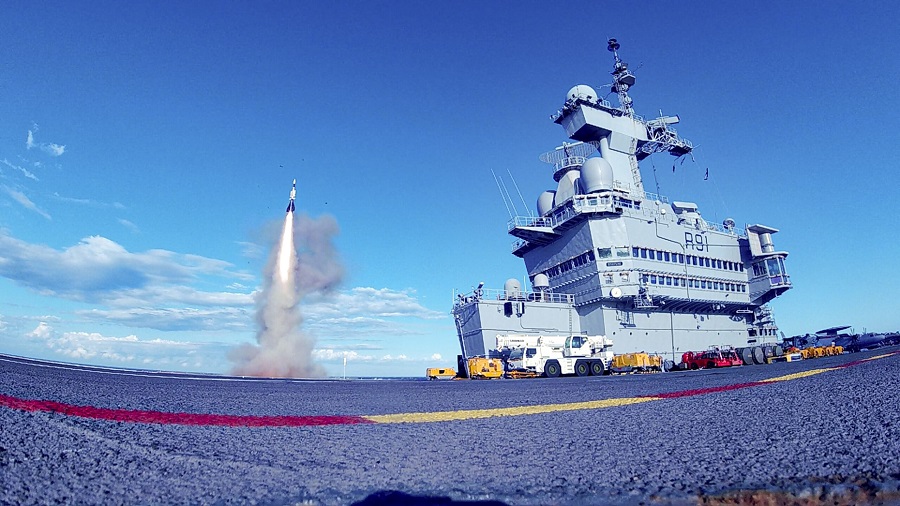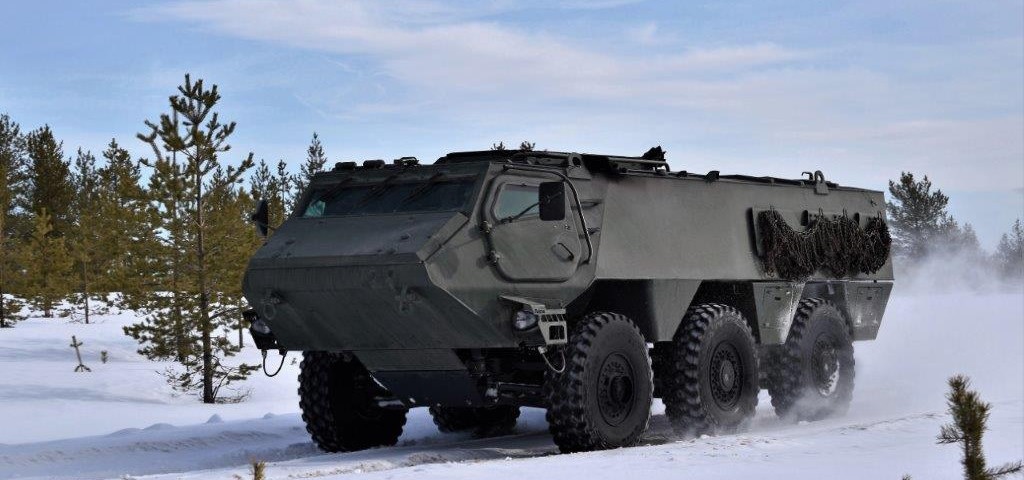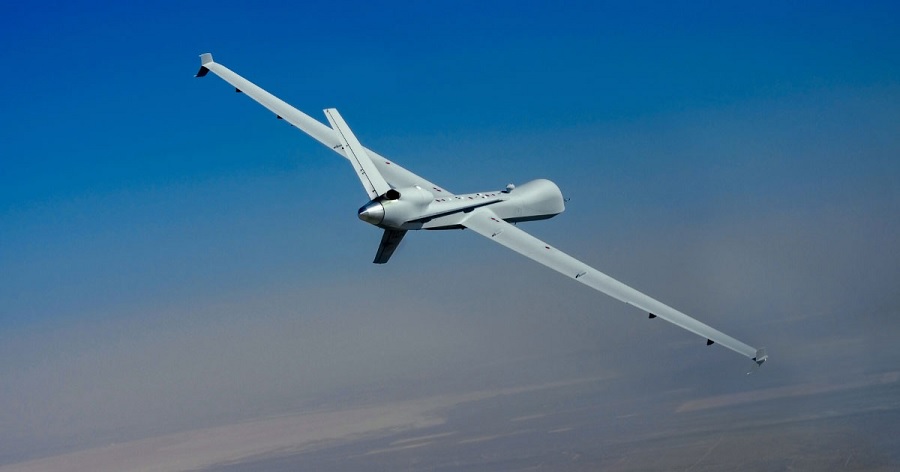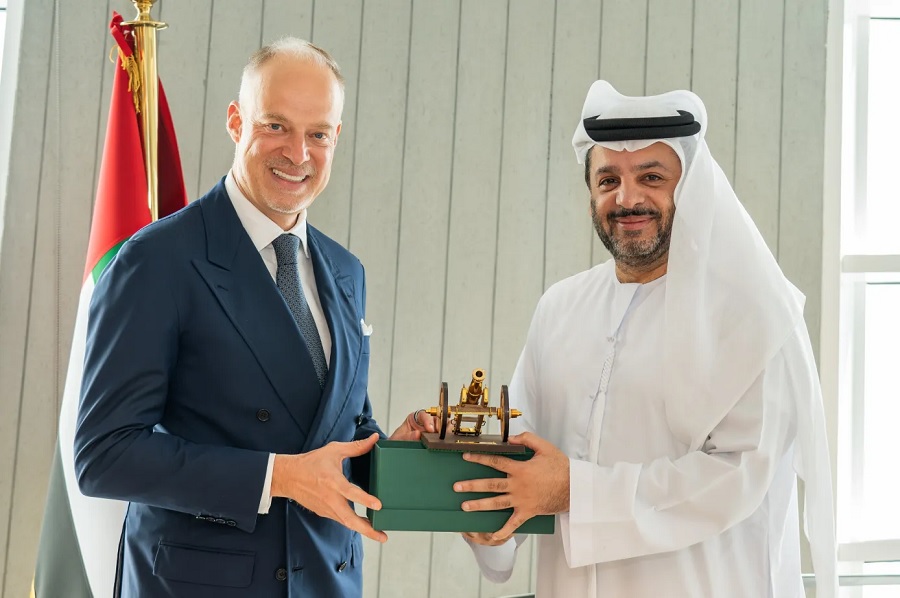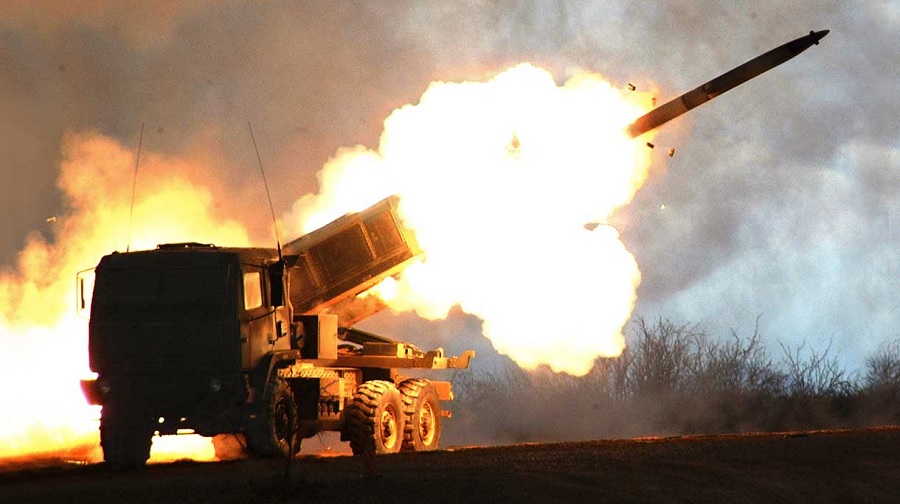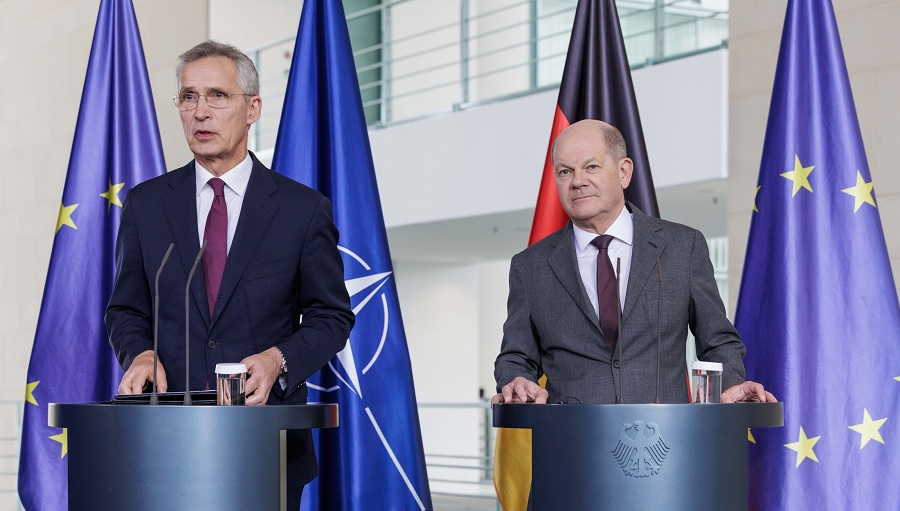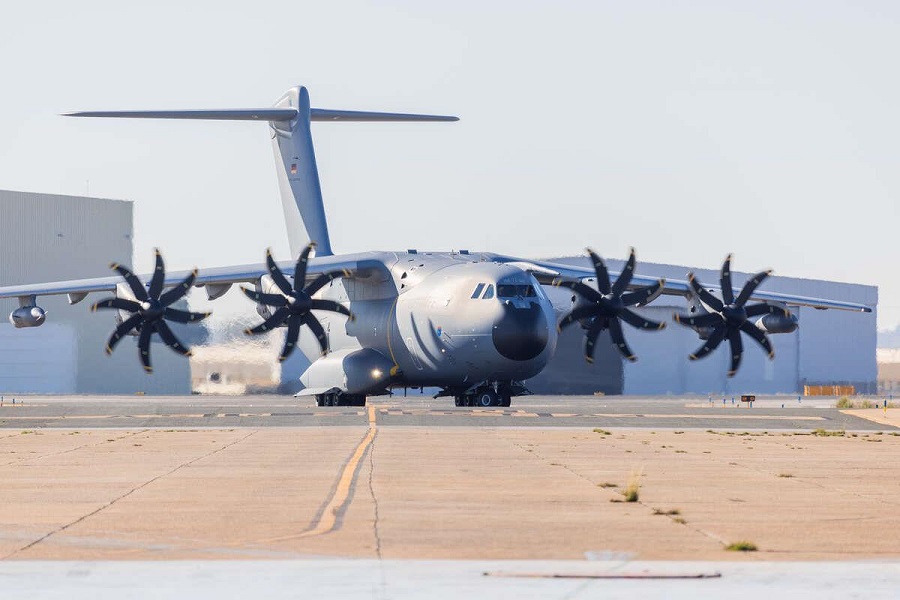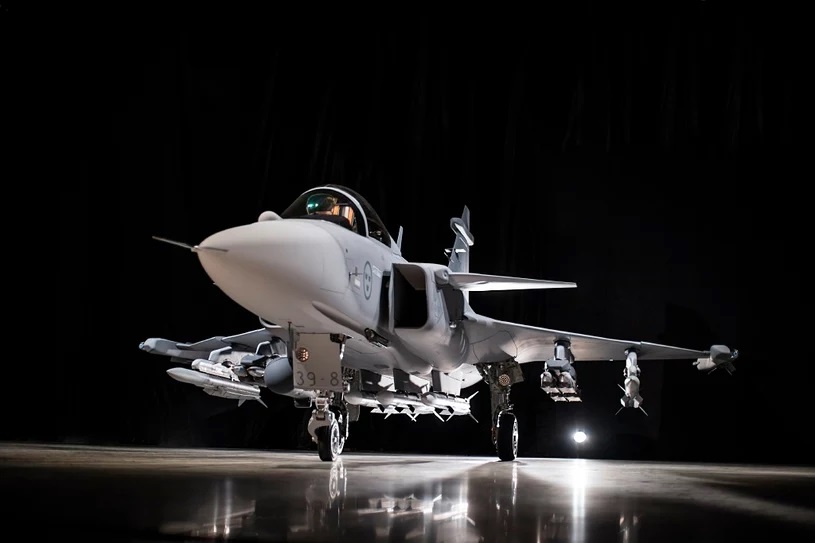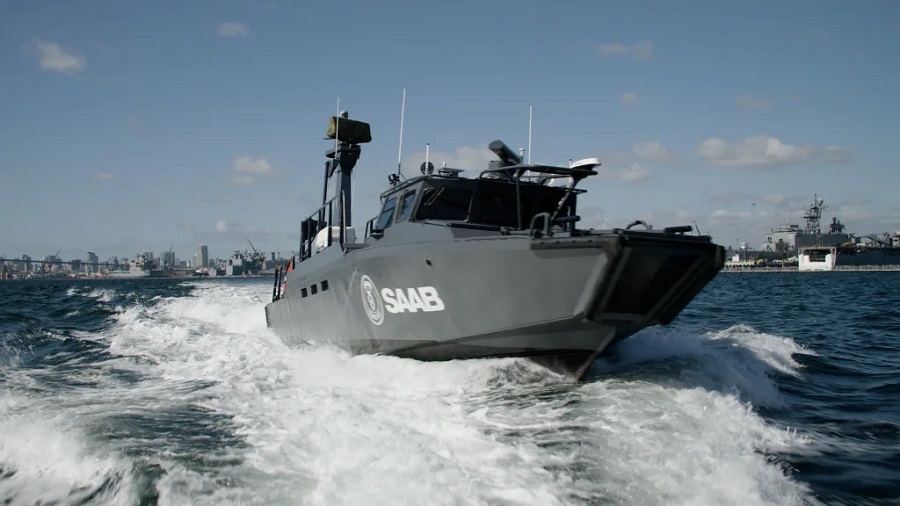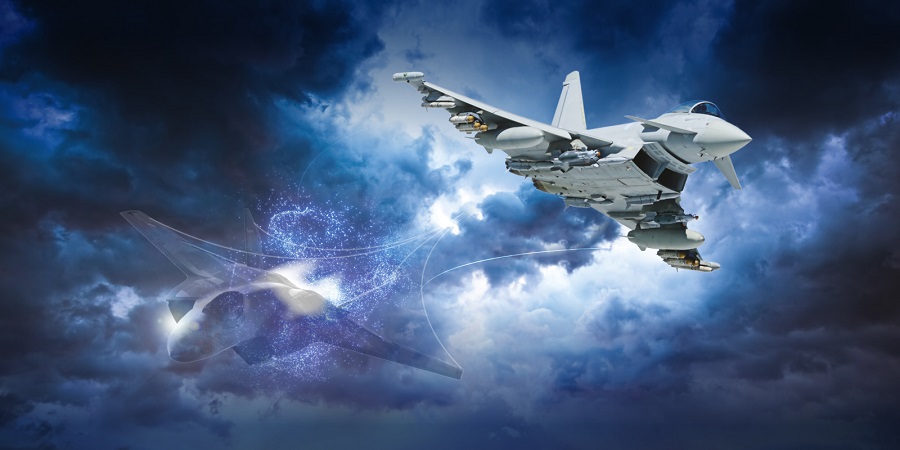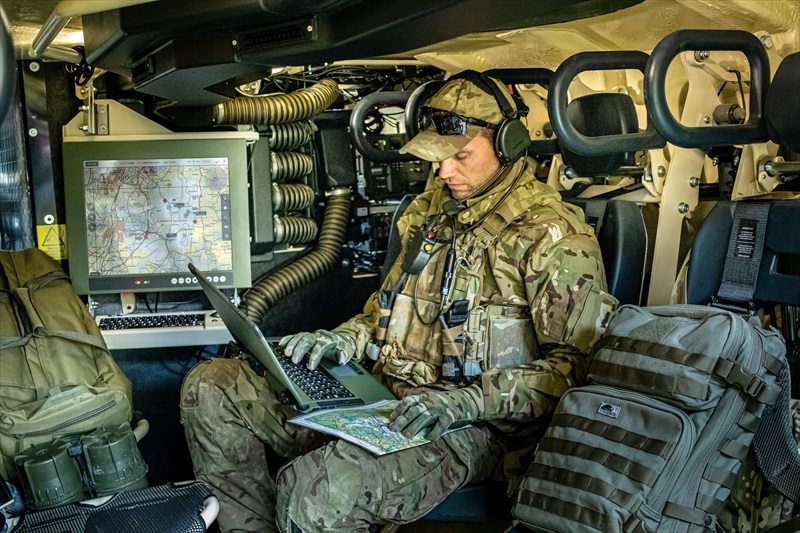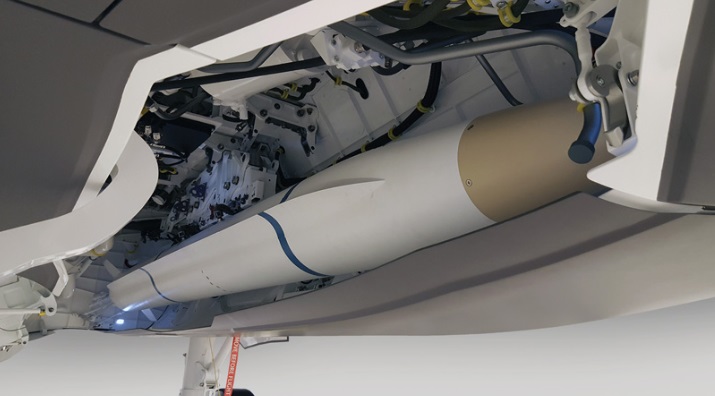A new strategy backed by at least GBP 4.5 billion of investment over the next decade will accelerate access to uncrewed systems for the UK Armed Forces, rapidly equipping them with innovative technology across air, sea, and land.
The UK Defence Drone Strategy, born from lessons learned in Ukraine, will harness innovative capabilities across UK defence. It will enable the rapid experimentation, testing and evaluation of uncrewed platforms, unifying the approach of the British Army, Royal Navy and Royal Air Force, integrated by UK Strategic Command, while crucially working in lockstep with industry.
“Drones are a game-changing technology that are constantly evolving, and it is crucial that the UK continues to invest in and maintain our position on the cutting edge of drone development to stay one step ahead of our adversaries,” UK Ministry of Defence stated.
The new approach will see uncrewed systems delivered at pace into the hands of the British Armed Forces, equipping personnel with critical intelligence, reconnaissance, surveillance, strike and logistical capabilities. This will leave behind long development timelines and lengthy requirement discussions. Once operational, the systems will be able to be developed and upgraded – or ‘spiralled’ – to keep pace with the rapid evolution of technology and changing threat picture.
“Our initial priority remains the successful delivery of the Ukraine-UK uncrewed systems initiative, building on the UK’s donation of over 4,000 drones for Ukraine. The UK Defence Drone Strategy will help Armed Forces personnel meet the relentless cycle of battlefield adaptation, as has been repeatedly underpinned as Ukraine continues to successfully resist the Russian invasion,” UK Ministry of Defence said.
Of the GBP 2.5 billion pounds to be spent on supporting Ukraine this coming financial year, more than £200 million will go towards supplying Ukraine with uncrewed systems. As the Defence Secretary announced last week, the UK will include work to scale up the Drone Capability Coalition’s provision of ‘first-person view’ (FPV) drones to Ukraine. This will help to scale the UK’s domestic drone industry across manufacturing and software development whilst giving Ukraine cutting-edge, battle-tested capabilities to defend their citizens and target the invading Russian forces.
Working with international partners and leading uncrewed systems designers, the UK’s ambition to be a world-leader in uncrewed systems will enable exports in a rapidly growing global market and create onshore investment opportunities, supporting UK jobs and backing the Prime Minister’s priority to grow the economy.
Defence Equipment and Support (DE&S), the procurement arm of the UK MOD, has played a key role in helping develop the new UK Defence Drone Strategy and will be pivotal in ensuring its successful ongoing delivery.
“A comprehensive partnership with industry is at the core of the Drone Strategy, and building on the UK’s extensive industrial, robotics and digital heritage. Through regular, clear industry engagements, we will incentivise industry to support the rapid manufacture and adaptation at a scale and capability able to deliver operational advantage for our Armed Forces,” UK Ministry of Defence said.
“As part of the Strategy, we will work across government to make the UK more competitive in the global export market for uncrewed systems and their development,” the ministry stated.
“Today’s Strategy builds on the UK’s rich history of developing and operating uncrewed systems, including the use of Reaper MQ-9s by the Royal Air Force, and small to medium uncrewed aerial systems by the Army and particularly the Royal Navy who have developed a growing array of surface and sub-surface capabilities, including autonomous minehunters,” UK Ministry of Defence said.


